This Tropical Virus Is Spreading Out of the Amazon to the US and Europe


The Louisiana resident infected with H5N1 bird flu is hospitalized in critical condition and suffering from severe respiratory symptoms, the Louisiana health department revealed Wednesday.
The health department had reported the presumptive positive case on Friday and noted the person was hospitalized, as Ars reported. But a spokesperson had, at the time, declined to provide Ars with the patient's condition or further details, citing patient confidentiality and an ongoing public health investigation.
This morning, the Centers for Disease Control and Prevention announced that it had confirmed the state's H5N1 testing and determined that the case "marks the first instance of severe illness linked to the virus in the United States."
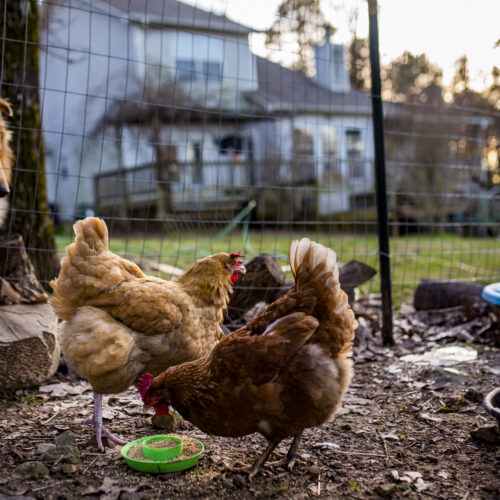

© Getty | Cavan Images
On Friday, the US Department of Agriculture (USDA) announced that it would begin a nationwide testing program for the presence of the H5N1 flu virus, also known as the bird flu. Testing will focus on pre-pasteurized milk at dairy processing facilities (pasteurization inactivates the virus), but the order that's launching the program will require anybody involved with milk production before then to provide samples to the USDA on request. That includes "any entity responsible for a dairy farm, bulk milk transporter, bulk milk transfer station, or dairy processing facility."
The ultimate goal is to identify individual herds where the virus is circulating and use the agency's existing powers to do contact tracing and restrict the movement of cattle, with the ultimate goal of eliminating the virus from US herds.
At the time of publication, the CDC had identified 58 cases of humans infected by the H5N1 flu virus, over half of them in California. All but two have come about due to contact with agriculture, either cattle (35 cases) or poultry (21). The virus's genetic material has appeared in the milk supply and, although pasteurization should eliminate any intact infectious virus, raw milk is notable for not undergoing pasteurization, which has led to at least one recall when the virus made its way into raw milk. And we know the virus can spread to other species if they drink milk from infected cows.
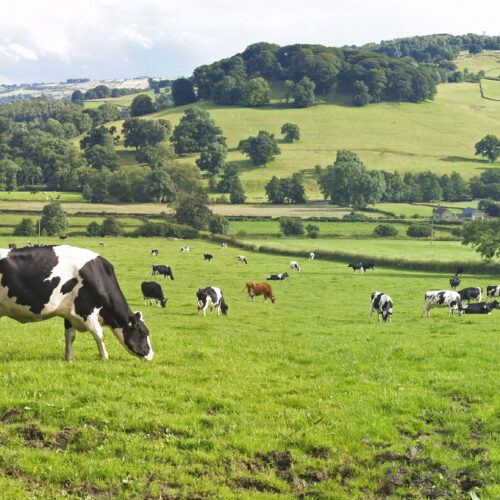

© Credit: mikedabell
There's nothing quite like a deep dive into the shallow, vomitous puddles of children's splash pads. Even toeing the edge is enough to have one longing for the unsettling warmth of a kiddie pool. But the brave souls at the Centers for Disease Control and Prevention have done it, wading into 25 years' worth of records on gastrointestinal outbreaks linked to the wellsprings of fecal pathogens. And they unsurprisingly found enough retch-inducing results to make any modern-day John Snows want to start removing some water handles.
Between 1997 and 2022, splash pads across the country were linked to at least 60 outbreaks, with the largest sickening over 2,000 water frolickers in one go. In all, the outbreaks led to at least 10,611 illnesses, 152 hospitalizations, and 99 emergency department visits. People, mostly children, were sickened with pathogens including Cryptosporidium, Camplyobacter jejuni, Giardia duodenalis, Salmonella, Shigella, and norovirus, according to the analysis, published Tuesday in the CDC's Morbidity and Mortality Weekly Report. The tallies of outbreaks and illnesses are likely undercounts, given reporting delays and missed connections.
Though previous outbreak-based studies have provided bursts of data, the new analysis is the first to provide a comprehensive catalog of all the documented outbreaks since splash pads erupted in the 1990s. Together, they provide a clear, stomach-churning explanation of how the outbreaks keep happening. Basically, small children go into the watery playgrounds while they're sick and spread their germs.


© Getty | Al Seib
Bird flu has landed on a California farm that shuns virus-killing pasteurization, leading to a second recall of raw milk and a suspension of operations at the company, Raw Farm in Fresno County.
According to a November 27 alert by the California health department, officials in Santa Clara County found evidence of bird flu virus in retail samples of a batch of Raw Farm's milk, which has been recalled. It is the second time that retail testing has turned up positive results for the company and spurred a recall. The first contaminated batch was reported on November 24. The two recalled batches are those with lot codes 20241109 ("Best By" date of November 27, 2024) and 20241119 (Best By date of December 7, 2024).
In an email to Ars on Monday, Raw Farm CEO Mark McAfee said that none of the company's cows are visibly sick but that it appears that asymptomatic cows are shedding the avian influenza virus.
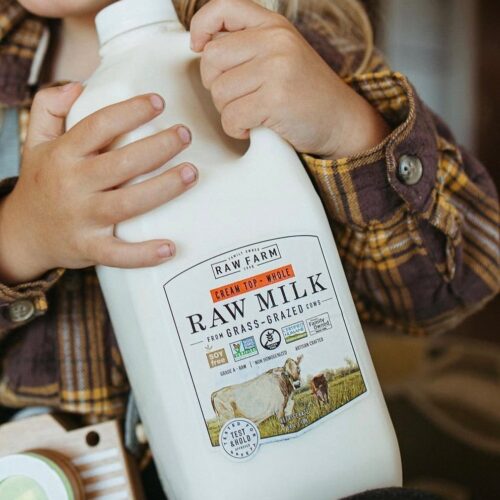
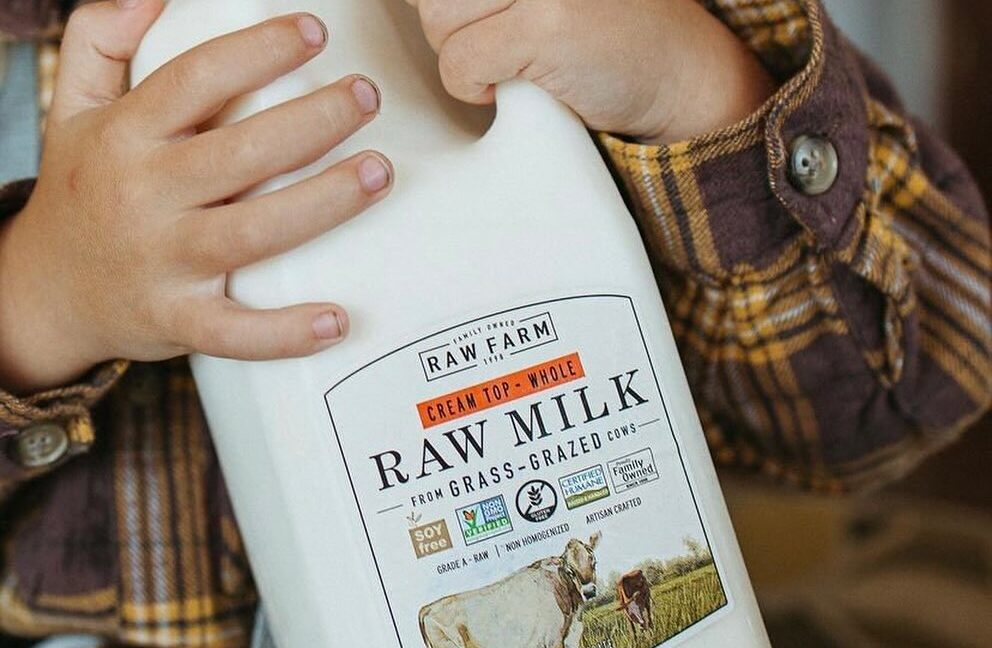
© Raw Farm
Bird flu virus has been found in a batch of raw—unpasteurized—milk sold in California, prompting a recall issued at the state's request, health officials announced over the weekend.
No illnesses have yet been linked to the contaminated milk, made by Raw Farm, LLC of Fresno County. The contamination was found in testing by health officials in nearby Santa Clara County, who detected the virus in milk from a retail store. The state laboratory has confirmed the finding.
In a YouTube message from Raw Farm, a company representative called the contamination "not a big deal" and emphasized that the recall is only being done out of an abundance of caution.
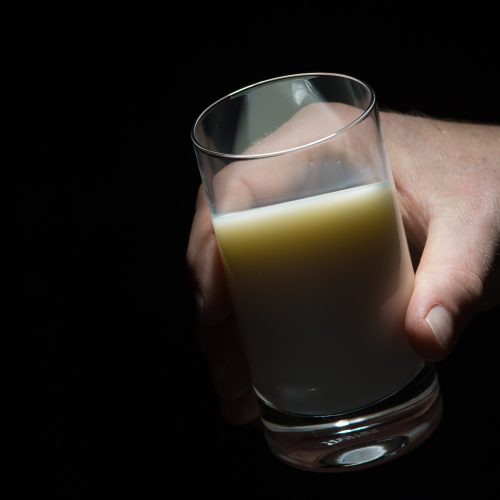
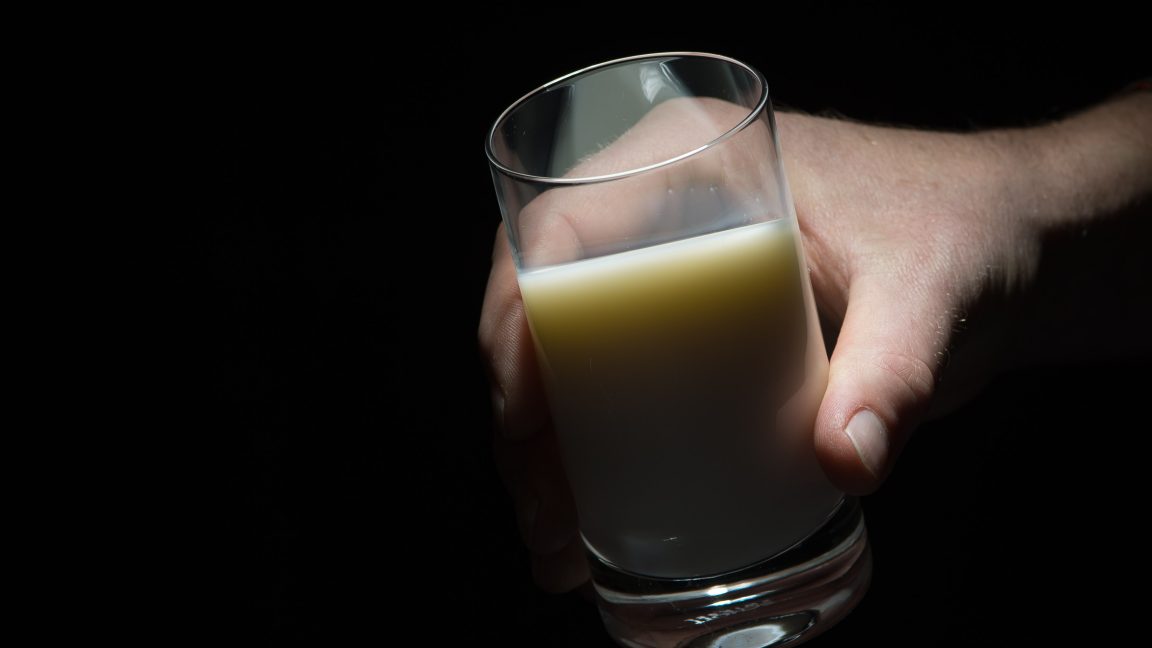
© Getty | Lukas Schulze